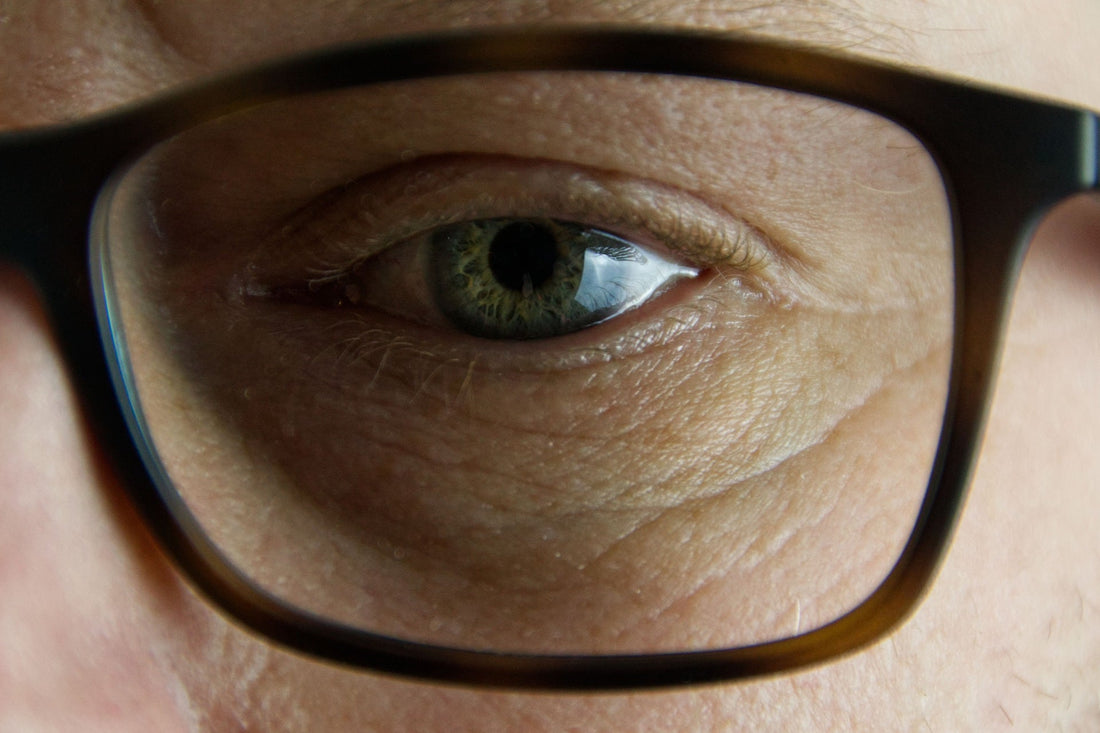"When I began my physical studiesHis advisor went on to tell the young Planck that it was probably not a great idea to study theoretical physics since there was not much left to do. 44 years later, Planck received the Nobel prize for turning physics on its head with his theory of Quantum Mechanics. (Quantum Mechanics describes the physical properties of nature at the scale of atoms and subatomic particles, where earlier classic physics, as taught by Planck's teacher Philipp von Jolly, describes them only at larger macroscopic levels insufficient for moving beyond the limits of understanding) It seems to me that human nature finds us feeling comfortable believing our current level of understanding is not only adequate but essentially perfect. It would likely be debilitating to think otherwise. Imagine going through life questioning everything you think or do. We know everything about everything. Until we don't.and sought advice from my venerable teacher Philipp von Jolly, he portrayed to me physics as a highly developed, almost fully matured science. Possibly in one or another nook there would perhaps be a dust particle or a small bubble to be examined and classified, but the system as a whole stood there fairly secured, and theoretical physics approached visibly that degree of perfection which, for example, geometry has had already for centuries.
We know everything
by Paul McGowan
Near the end of the 19th century, it was generally agreed upon that our understanding of physics had reached its limits. We knew all there was to know about how everything worked.
Until we didn't.
One famous example of this thinking came from the physicist Max Planck who told the following story:
- Choosing a selection results in a full page refresh.
- Opens in a new window.







